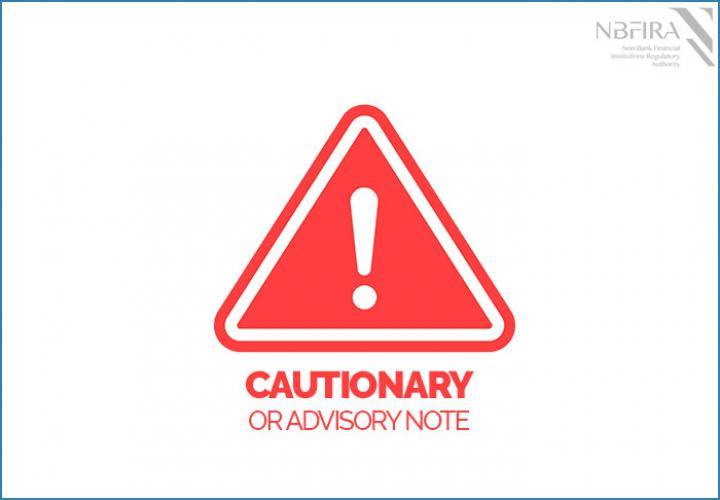CAUTIONARY/ADVISORY NOTE: Terrorism Attacks In Cabo Delgado Region Of Mozambique
You will have followed the ongoing reports on the conflict in the Mozambique region of Cabo Delgado which appears to have intensified since the early part of the year.
As you are aware, Botswana, through the Eastern-Southern Africa Anti-Money Laundering Group (ESAAMLG) and the Financial Action Task Force (FATF) are committed to combating terrorist financing. This is seen through efforts by the countries and relevant international bodies to counteract terrorist activities through sanctions such as United Nations Security Council Sanctions Lists against terrorist threat posed by the so-called Islamic State of Iraq and the Levant (ISIL/Da’esh), and by Al-Qaeda and their affiliated organisations.
Terrorism continues to evolve with having access to resources enabling them to carry out or inspire terrorist attacks around the world. This is facilitated by funds flowing across borders, providing resources to the terrorists for their attacks. FATF has emphasized that terrorists need money and other assets for weapons but also training, travel and accommodation to plan and execute their attacks and develop as an organisation. Disrupting and preventing these terrorism-related financial flows and transactions is one of the most effective ways to fight terrorism. Not only can it prevent future attacks by disrupting their material support, the footprints of their purchases, withdrawals and other financial transactions can provide valuable information for ongoing investigations.
The Non-Bank Financial Institutions Regulatory Authority (NBFIRA) has issued several guidance notes to the regulated entities regarding combatting terrorism financing and controls thereof. The below is a summary of the measures to implement:
(a) NBFIs must ensure that their comprehensive AML/CFT programme – as well as their group-wide AML/CFT programme – is designed to manage TF risks identified in the institutional risk assessment effectively. AML/CFT policies and procedures must cover TF and reflect counter-TF guidance and warnings issued by the NBFIRA and the FAT.
(b) Offer relevant staff training on all AML/CFT risks and red flags.
(c) Design and implement transaction monitoring systems to identify transactions that may be linked to TF.
(d) Conduct Enhance Due Diligence on all customers and transactions that are assessed to be high risk for TF. Customers in this group should also be monitored carefully.
(e) Implementation of Targeted Financial Sanctions by way of screening its customer lists against the names of sanctioned individuals and/or entities and to ensure that they are complying with the requirement to freeze all funds that the designated person controls and /or owns.
In light of the developing terrorist attacks in the SADC region, specified parties, NBFIs are directed to exercise caution when dealing with individuals, entities and transactions associated with cross border transactions and are further advised to implement measures to combat terrorism financing as non-compliance carries steep penalties.
Sriram Gade (Mr)
Deputy Chief Executive Officer - Regulatory







